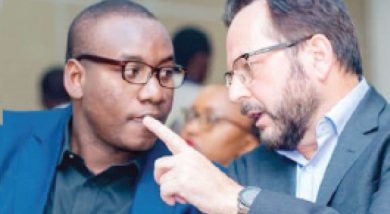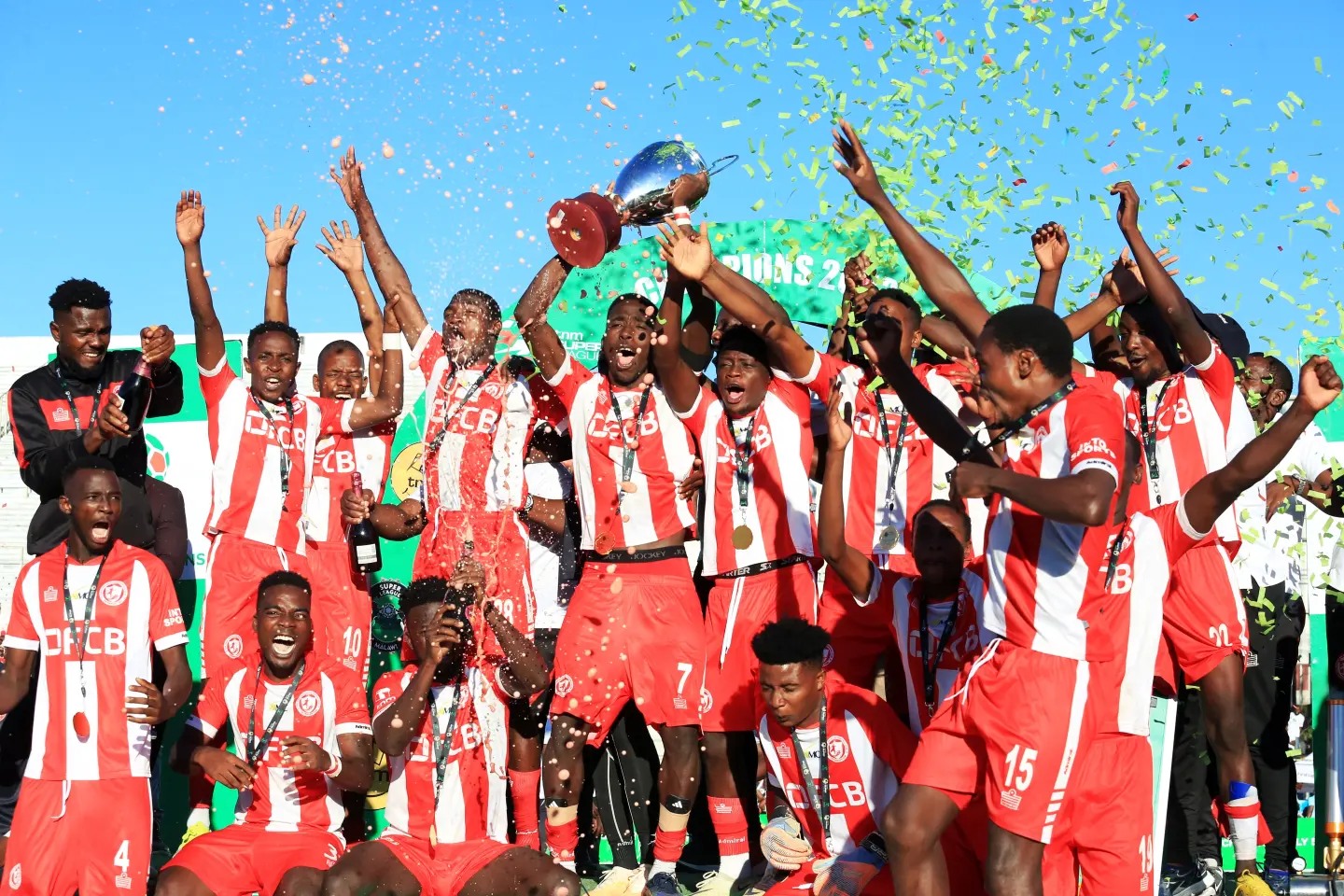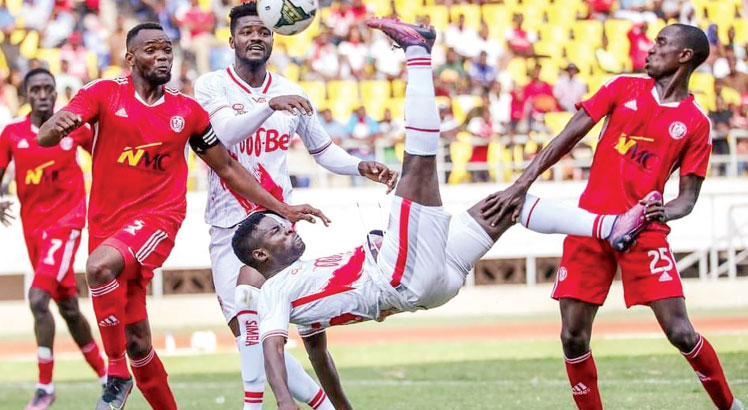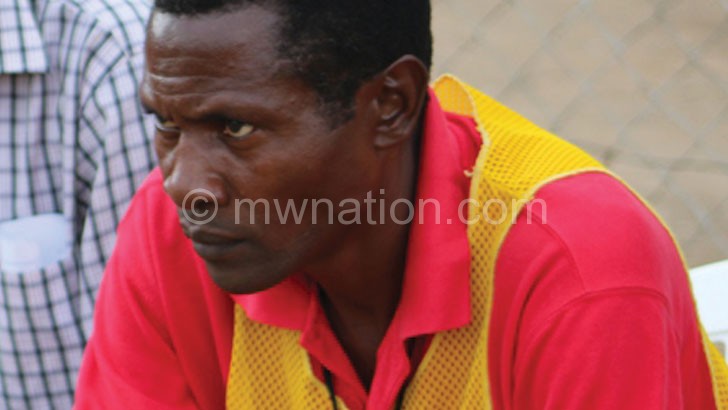Relegation worsens teams’ money woes
 The relegation of Escom United and Bvumbwe Research from Malawi’s flagship TNM Super League will have a huge financial effect on Southern Region teams who will have to cough more on costs next season in lower league.
The relegation of Escom United and Bvumbwe Research from Malawi’s flagship TNM Super League will have a huge financial effect on Southern Region teams who will have to cough more on costs next season in lower league.
No Super League team from the Central Region has been relegated as all the six teams finished above the drop zone.
Mighty Wanderers, Big Bullets and Azam Tigers confirmed that the relegation of the two teams will affect their budgets as they will be travelling to the Central Region four times in a season to fulfil seven fixtures as compared to the previous seasons when they would make three trips for six league games.
From the forthcoming season, the Centre will have seven teams namely Silver Strikers, Civo United, Blue Eagles, Epac, Mafco, Kamuzu Barracks (KB) and the team that will earn promotion from the Central Region Football League (CRFL).
Costly relegation
Wanderers general secretary David Kanyenda and his Bullets and Tigers counterparts Higger Mkandawire and Geoff Kachale respectively, confirmed that their teams will now be spending about K500 000 (about $1 428) more on costs for an extra trip to the Centre.
Said Kanyenda: “Previously, we were only required to travel to the Centre three times to play the six away games, but with the addition of one more team, it means there will be an added trip translating to an escalation in costs such as transport, food and accommodation.”
He claimed his team spends not less than K500 000 on costs for a single trip to the Centre.
“We spend a minimum of K150 000 [about $428] to hire a bus, pay allowances for the driver as well as fuel. Besides that, we spend in the excess of K300 000 [about $857] on accommodation, food and out-of-station allowances for players, technical staff and a few officials,” said Kanyenda.
However, the Nomads spokesperson brushed off suggestions that the development was clear testimony that the balance of power in terms of performance is shifting to the Centre.
“I wouldn’t agree with that suggestion. I would say one of the reasons is because most teams from the Centre such as Silver, Civo, Blue Eagles Mafco and KB enjoy sound sponsorship from government and probably that explains why they are able to finish above the drop zone,” he said.
On his part, Mkandawire claimed that Bullets spend more or less the same amount [K500 000] just for a single trip to the Centre.
“Usually, when we have games in the Central Region, the team departs either on Thursday or Friday and it fulfils games during the weekend and leaves immediately after the game on Sunday and that means we spend about three to four days.
“And in the past, it was a bit easier because we would travel to the Centre three times to fulfil six games and now that there will be one more team, it means an extra trip and with our meagre resources, it means we’ll be greatly affected,” said Mkandawire.
‘Revert to regional leagues’
But Kachale suggested that reverting to the regional leagues could be an ideal solution.
“The situation is the same with us and considering the current difficult economic climate, the best way forward would be to revert to the old system of regional leagues whereby the two top teams from each region would automatically qualify to play in the national play-offs to determine the national champions.
“Apart from the costs that teams incur, players also get exhausted from travelling by road, unlike in other countries such as South Africa, Mozambique and Zambia where they fly to fulfil fixtures outside their bases because they can afford to do so. We should not force ourselves to operate beyond our means,” argued Kachale.
Renowned football commentator Charles Nyirenda described the development as seasonal, saying there was also a time when Central Region teams were fewer than those from the South.
“And when you consider the situation for Northern Region-based teams, then it is even worse because they have to play 26 games away from home and if you look at a team like Kabwafu, then it is far beyond their reach as they do not have meaningful sponsorship,” said Nyirenda.
He also agreed with Kanyenda that most Central Region-based teams enjoy government sponsorship and this translates to performance as they are financially sound.
Super League of Malawi (Sulom) president Innocent Bottomani said there is need for teams from the other regions to pull up their socks.
CRFL chairperson Dean Josiah-Banda recently said the continued good performance by teams from the Centre in the Super League was clear testimony that the balance of power in terms of performance had shifted to the Centre.





